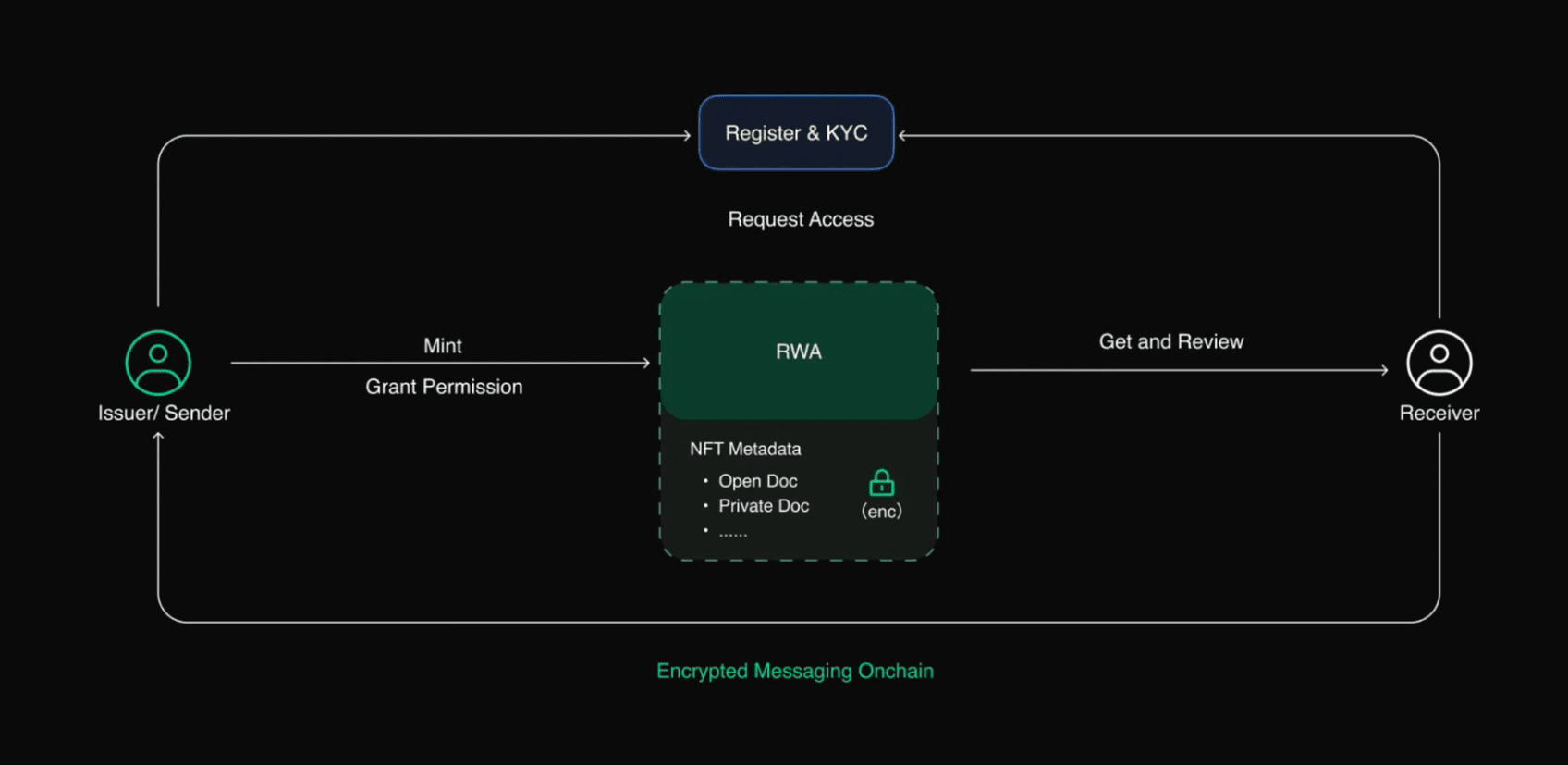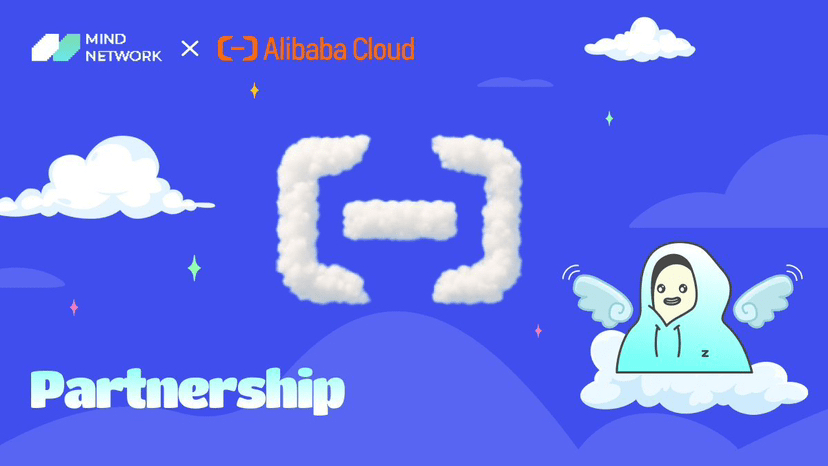Many people say RWA is a major trend in Web3, but those who delve deeper know: putting assets on the chain is not difficult; the challenge lies in information compliance.
Can a contract, a payment instruction, be both confidential, on-chain, and auditable?
@mindnetwork_xyz's new protocol just happens to solve this problem.
They have launched an on-chain encrypted messaging protocol, Encrypted Messaging Onchain.
But if you really look into it, you'll find that this thing is essentially the 'SWIFT message' of the blockchain world.
In RWA scenarios, many structured pieces of information cannot actually be made public: for example, a payment instruction for a cross-border transaction, tax invoice information, or even the interest rates of certain collateral.
This content must be encrypted but also must be verifiable.
Traditional chains can't do it, but $FHE's fully homomorphic encryption can.

This is not just a white paper; it is a demand that has grown from real business.
A partner is putting real estate on the chain; issuing an NFT is not difficult, but what about contract terms and payment details?
Now it can be directly encapsulated into NFTs for encrypted storage, decrypted only after authorization, tamper-proof, auditable, and even cross-chain.
A phrase that left a deep impression on me was said by the Mind team themselves: 'Blockchain does not lack data transmission; it lacks a layer of “messages.”'
On-chain information is too coarse, lacking structure, privacy logic, and cannot meet compliance needs.
This is the area they are currently addressing.
What reassures me the most about this project is that it hasn't just indulged in the crypto circle.
They have signed cooperation agreements with Alibaba Cloud and ByteDance.
Especially on the Byte side, Mind is the first Web3 project to integrate with the COZE platform for Agent data privacy.
It can reach 40 million real Web2 users.

One scenario they support on COZE allows users to confidently ask an AI Agent: 'Help me plan my investment strategy.'
Sensitive data will not leak because it uses Mind's privacy computing capabilities.
By the way, Mind has also developed an MCP protocol, allowing the behavior of each Agent to be encrypted and verified.
Was it executed according to user instructions? Was the model tampered with? Which Agent is closer to the truth…
In the past, these relied on scoring and feelings, but now they can speak with on-chain data.
Ultimately, what we see now with $FHE is a step-by-step progression from the data encryption layer: from compliant data to on-chain communication to the AI trust system.
This is not just some conceptual puzzle, but a complete closed-loop construction process.
The on-chain world needs verifiable privacy, the AI era needs trustworthy Agents, and RWA assets need structured semantic information. Mind Network is piecing together these puzzles, and the story of $FHE has just begun.